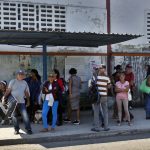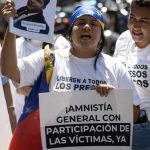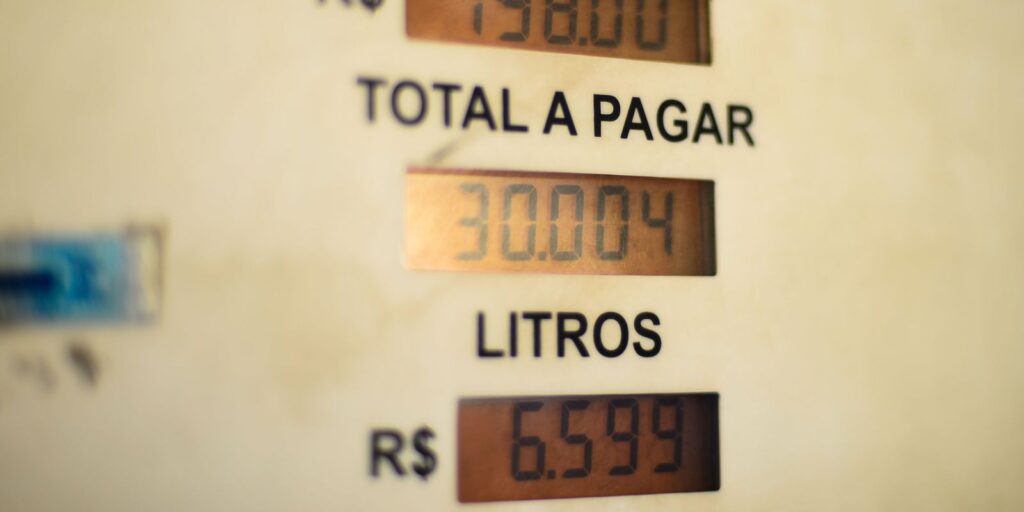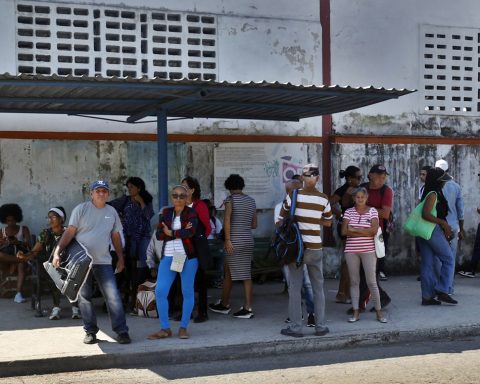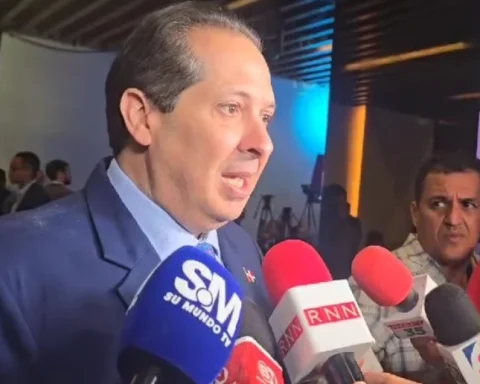Medellín became the scene of the first philanthropy roundtable of the region, within the framework of international cooperation, where guests from the public and private sectors of Europe, Asia, Africa, the United States and Latin America participated.
In an interview with Portfolio, Viviana Manrique Zuluaga, general director of the Presidential Agency for International Cooperation of Colombia, (APC Colombia), He presented a balance of what was the day of meetings, which will last throughout the month of May, and the donations that the country received from participating entities.
(Read: Create more firms and state support, ideas to increase productivity).
For his part, the philanthropist Bhairav Raja, Director of Responsible Business, Sustainable Business Groupwhich works with industries that include oil, gas, metals and mining, highlighted the “good work” that the country has been carrying out in terms of sustainability and the philanthropy macro-round initiative.
‘Climate change, among the issues’
What was this philanthropy roundtable about?
We are not talking about business here, this is a non-reimbursable cooperation macro-round, that is, they are resources that enter the country and must not be returned. From the Government of President Duque we have been working on this type of initiative, in order to diversify the sources of international cooperation, all with the aim of attracting resources and projects that are financed by philanthropy, by organizations or by individual philanthropists.
It is noteworthy that this is the first philanthropy macro-round with international cooperation that takes place in the country and Latin America.
What were the points that were addressed and how many participants did the macro-round receive?
We had approximately 140 philanthropy participants and worked on 202 project initiatives. In addition, we managed to conclude 80 bilateral meetings, between face-to-face and virtual, with the aim of working on three approaches: environment (sustainable development and climate change); science and technology (with innovation) and competitiveness, which seeks training and education processes.
How many projects were closed?
We still have a month of meetings to go, but we submitted 202 initiatives to philanthropists for consideration. There is a high receptivity and an interest in financing these three thematic areas. Likewise, we received the donation of one million dollars in medicines; we had another donation of one million dollars for the construction of an institute to fight cancer.
Colombia stands out with this macro-round as a pioneer in the world in philanthropy with international cooperation and that is a model that several countries are requesting from us. We want this macro round to be a frequent practice in the country.
(Besides: Banco de la República expects inflation of around 7.1% in 2022).
‘This country, on the international map’
What were the highlights of the macro-round?
The main point was the one mentioned by President Iván Duque in his speech that Colombia is the second nation with the greatest biodiversity on the planet and that this wealth must be preserved. Likewise, the opportunity to work together with various actors, such as the civil population, Colombian communities, the public and private sectors, all under the approach of properly assuming the value of biodiversity, was specified. We as a company participate in this macro-round because we link in our projects that human vision that has to benefit local communities.
What was your presentation about?
I had a presentation on how to untangle the concept of sustainability, which means a lot to some groups and nothing to others. The important thing is not to adopt a dialogue so that companies are sustainable, but to work together so that the population, the different sectors, both public and private, are also involved. There must be a triangle between planet, people and economic growth.
(Read: The plan for older adults in search of guaranteeing them a dignified life).
Why is the macro-round an important space for governments and private companies?
This macro round was the first philanthropic event on the part of Colombia and it is very important because many relationships can be consolidated at the international cooperation level. Many of the important issues for governments, environment, technology and competitiveness, require a space that allows such discussion and that also includes the representation of the philanthropic community. Colombia is on the international map and this type of space helps to present many more opportunities and projects to come and invest in this country.
JOHANA LORDUY









